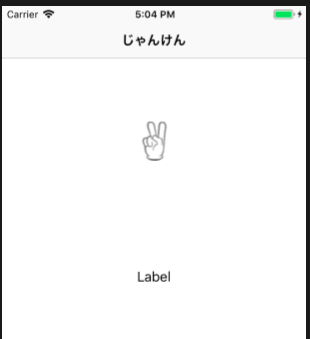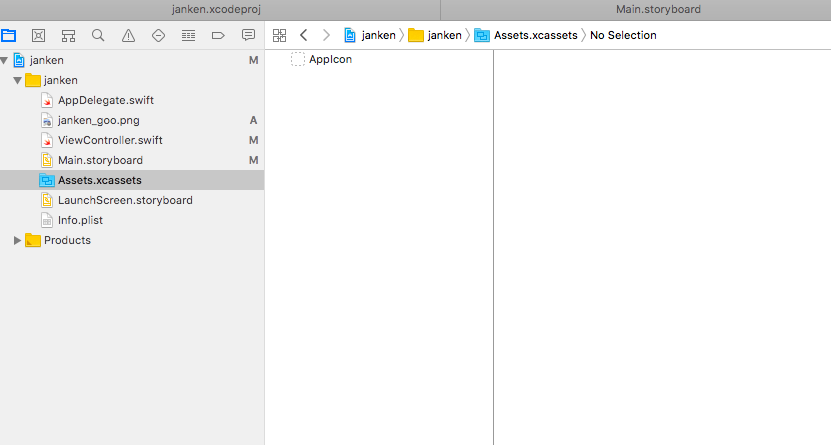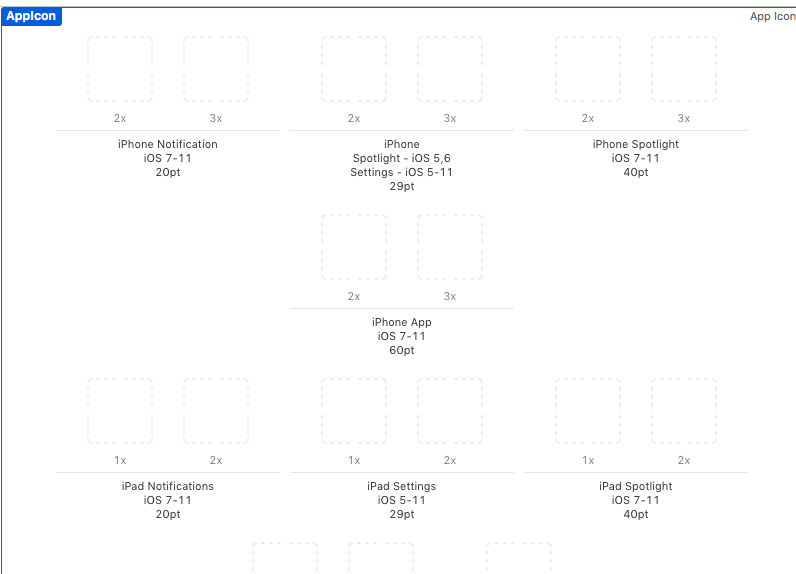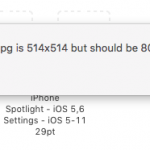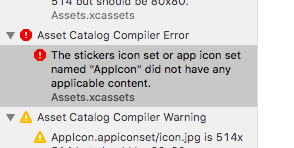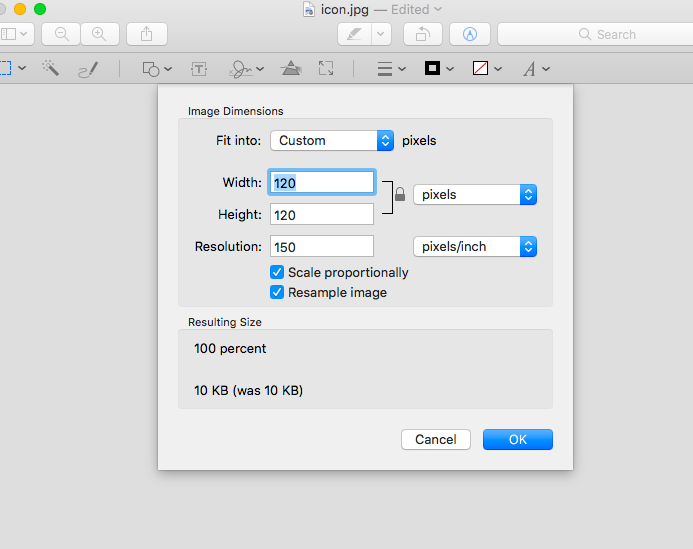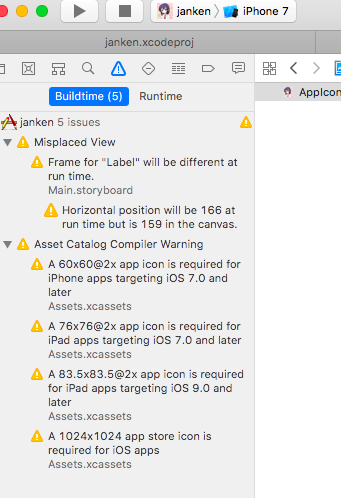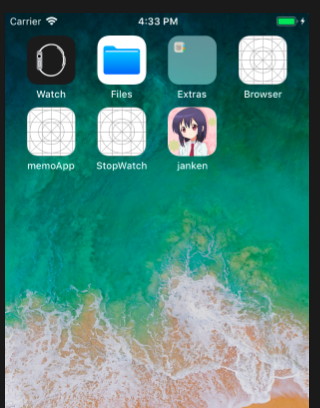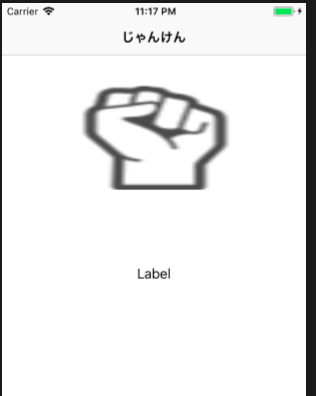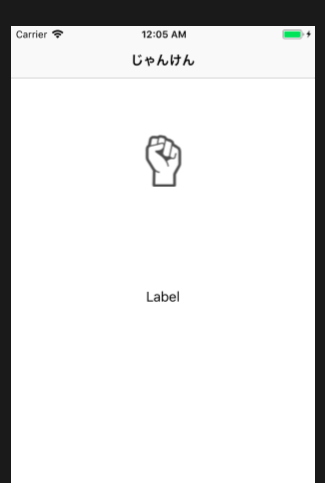実際に「配信」するには サーバー・APNs・証明書 が必要なので複雑
✅ まずは “ローカル通知” の超簡単デモ(その場で動く通知)
プッシュ通知に進む前に、
iOS での 通知許可の取り方・通知の基本 が理解できます。
📌 サンプル:ボタンを押すと10秒後に通知が表示される
NotificationManager.swift
import Foundation
import UserNotifications
class NotificationManager {
static let shared = NotificationManager()
// 通知の許可をリクエスト
func requestPermission() {
UNUserNotificationCenter.current().requestAuthorization(options: [.alert, .sound, .badge]) { success, error in
if success {
print("通知が許可されました")
} else if let error = error {
print("通知の許可エラー:", error)
}
}
}
// ローカル通知をスケジュール
func scheduleNotification() {
let content = UNMutableNotificationContent()
content.title = "テスト通知"
content.body = "10秒後に届く通知です"
content.sound = .default
let trigger = UNTimeIntervalNotificationTrigger(timeInterval: 10, repeats: false)
let request = UNNotificationRequest(identifier: UUID().uuidString, content: content, trigger: trigger)
UNUserNotificationCenter.current().add(request)
}
}
import SwiftUI
struct ContentView: View {
var body: some View {
VStack(spacing: 20) {
Text("通知テスト")
.font(.title)
Button("通知を許可") {
NotificationManager.shared.requestPermission()
}
Button("10秒後に通知送信") {
NotificationManager.shared.scheduleNotification()
}
}
.padding()
}
}
iOSのプッシュ通知の本当の仕組み
あなたのサーバー → APNs(Appleの通知サーバー) → iPhoneに通知
1. アプリが Apple に「通知を受けたい」と登録
→ Apple が端末専用の デバイストークン(Device Token) を発行
→ アプリはこのトークンを サーバー に送る
2. サーバーはそのトークンを使って Apple(APNs) に通知を送る
→ Apple が iPhone にプッシュ通知を配信する
push通知を送る最低限のコード
import SwiftUI
import UserNotifications
@main
struct PushDemoApp: App {
@UIApplicationDelegateAdaptor(AppDelegate.self) var appDelegate
var body: some Scene {
WindowGroup {
ContentView()
}
}
}
class AppDelegate: NSObject, UIApplicationDelegate, UNUserNotificationCenterDelegate {
// 起動時に通知登録
func application(
_ application: UIApplication,
didFinishLaunchingWithOptions launchOptions: [UIApplication.LaunchOptionsKey: Any]? = nil
) -> Bool {
UNUserNotificationCenter.current().delegate = self
// 通知許可のリクエスト
UNUserNotificationCenter.current().requestAuthorization(options: [.alert, .badge, .sound]) { granted, error in
if granted {
DispatchQueue.main.async {
UIApplication.shared.registerForRemoteNotifications()
}
}
}
return true
}
// APNs からデバイストークン取得
func application(_ application: UIApplication,
didRegisterForRemoteNotificationsWithDeviceToken deviceToken: Data) {
let tokenString = deviceToken.map { String(format: "%02.2hhx", $0) }.joined()
print("Device Token:", tokenString)
}
// トークン取得失敗時
func application(_ application: UIApplication,
didFailToRegisterForRemoteNotificationsWithError error: Error) {
print("Failed to get token:", error.localizedDescription)
}
}
🔹 このコードでできること
通知許可ダイアログが表示される
トークンが取得できたら Xcode のコンソールに表示される
→ サーバーに送る必要がある
📌 注意
実際のプッシュ通知を送るには、さらに:
🔐 Apple Developer の作業が必要
APNs 証明書 or Key
Push Notifications を有効化
プロビジョニングプロファイル更新
🖥️ サーバー実装も必要(例:Python / Node.js / Firebase など)
APNs に対して HTTPS/JSON で通知を送る


